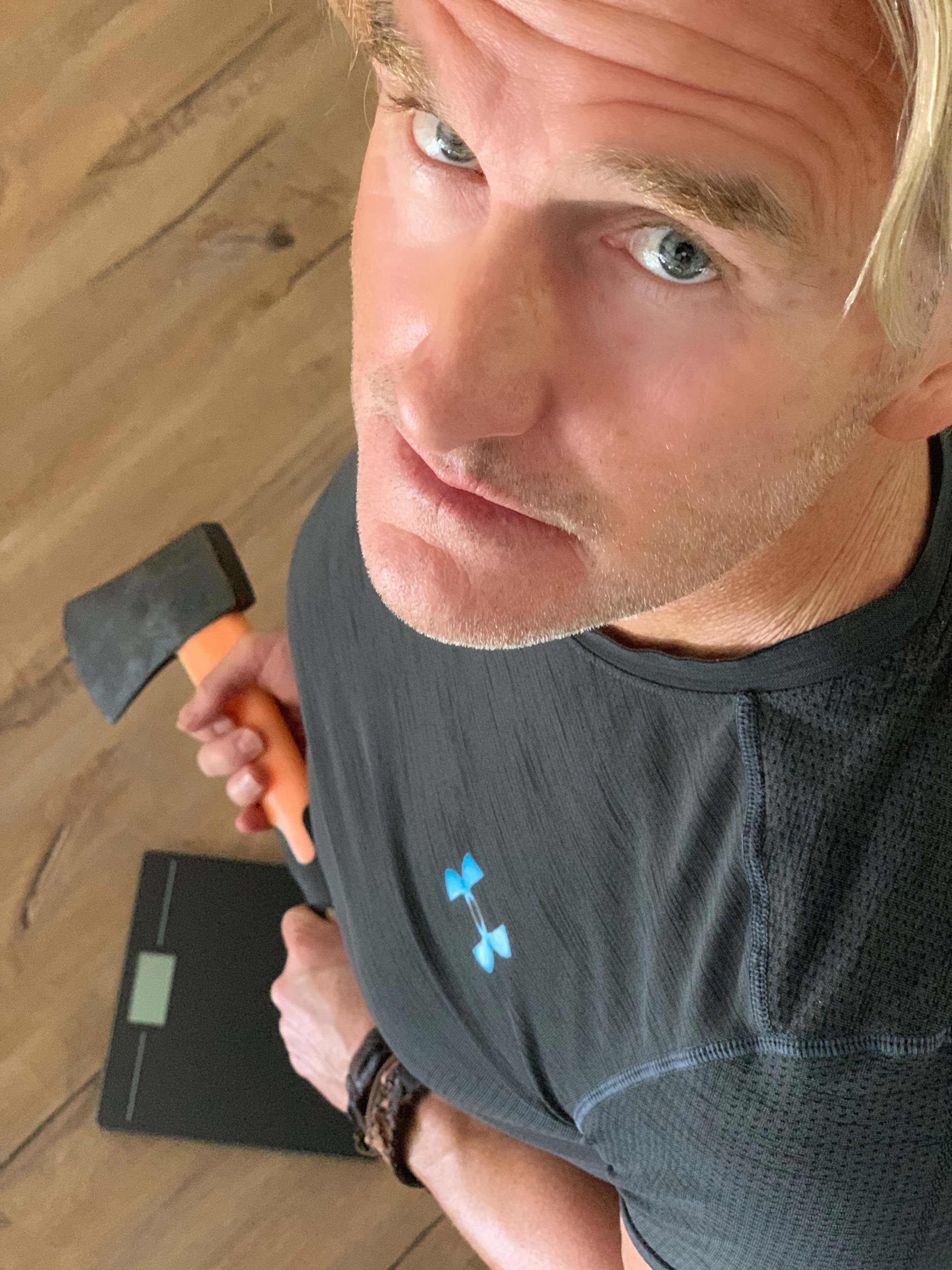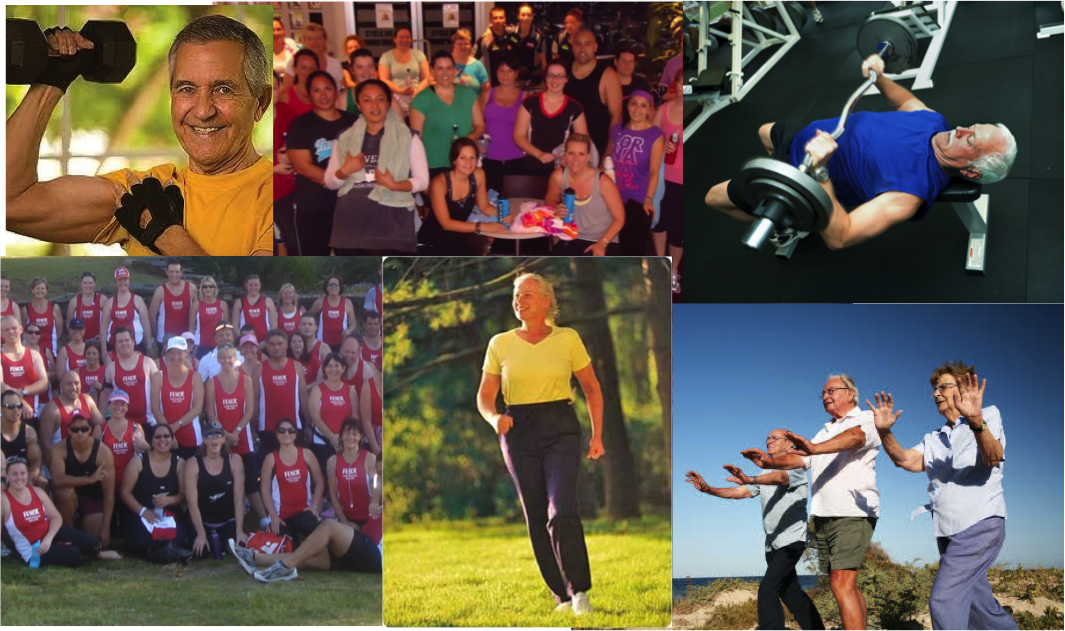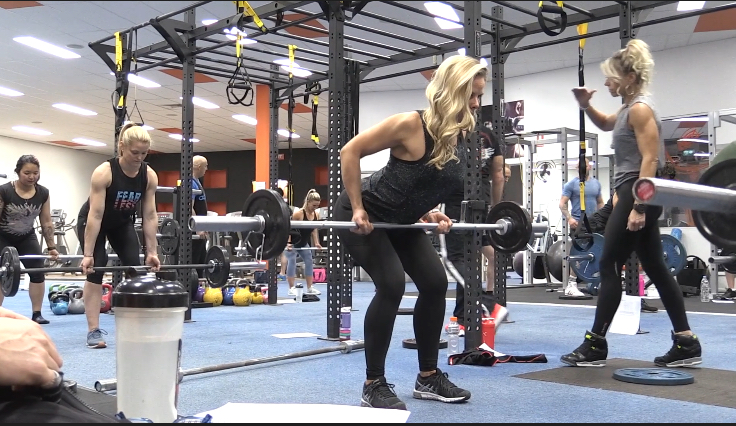
Caffeine is the most socially acceptable drug in the world. Caffeine-containing beverages such as coffee and tea are the most popular beverages in the world.

Despite the popularity of our loucious brew, some well-meaning professionals advise to cut back or eliminate consumption of coffee and caffeine – with links to high blood pressure, dehydration, headaches, cancer and even worse……. cellulite!
So what’s the deal – is caffeine really that bad?
What does the research say?
The facts tell us that caffeine’s popularity will not decline any time soon, it is inexpensive and legal to consume.
How does Caffeine work?
Caffeine affects stimulatory receptors in the central nervous system (CNS), as well as metabolic receptors in peripheral tissues, such as muscles and may have the ability to influence psychological states and alter pain perception. At the cellular level, caffeine owes its psycho-stimulant action to the inhibition of the adenosine A2A receptors.
(Adenosine is one of the four building blocks of DNA and an important signalling molecule in the brain.) At concentrations equivalent to a few cups of coffee a day, caffeine binds and blocks nerve cells that normally inhibit voluntary movements in the brain’s movement centre, (the striatum). This creates that subtle “wired” feeling from a jolt of caffeine.
Boost performance
In general, the majority of research on this topic shows caffeine and caffeinated beverages can enhance athletic performance. For example, time to exhaustion was over 19% greater in the caffeine trial compared to the decaffeinated trial. Erickson et al. demonstrated that caffeine supplementation prior to exercise was found to reduce muscle glycogen utilization by 30%. Caffeine ingestion significantly increased exercise time to exhaustion.
Based on the available science, a dose of 3-7 mg caffeine per kg of body weight is needed to see performance effect. This ergogenic effect can be seen with endurance exercise as well as intermittent, high-intensity exercise. For a 70kg individual a 5mg/kg dose is a rather hefty 350 milligrams. Be warned, anyone not use to caffeine will really feel the effects of this dose.
Side Effects
Caffeine is completely absorbed by the stomach and small intestine within 45 minutes of ingestion. After ingestion it is distributed throughout all tissues of the body. Like alcohol and nicotine, caffeine readily crosses the blood–brain barrier that separates the bloodstream from the interior of the brain. Once in the brain, the principal mode of action is as an antagonist of adenosine receptors which promotes its stimulating effect.
An acute “overdose” of caffeine is documented to be in excess of 300 milligrams, but this can depend on body weight and level of caffeine tolerance. This “overdose” has been termed caffeine intoxification which is simply an over-stimulation of the nervous system or the “caffeine jitters”. It is interesting to note that this dose is frequently used and recommend in many sports science studies to improve athletic performance. I’ll let you mull that one over.
Different people can metabolise caffeine at different rates. People can respond differently to the same dose of caffeine. Additionally, over 200 different plant polyphenols found naturally in coffee and tea can amplify or promote adverse reactions. So if you do feel adverse affects it is important to consult your physician.
Safety concerns
Under current Commission regulations, the Scientific Committee on Food (SCF), ruled back in 1999 that with the exception of pregnant women and children, caffeine consumption in ‘energy drinks’ is not a ‘cause for concern’. The Australian Therapeutic goods Association (TGA) lists caffeine as a “Multiple Purpose Generally Recognized as Safe Food Substance” – a listing reserved only for the more benign substances.
However, if you dig deep enough into the research, you’ll always find case reports. For instance, a 16 year old male who ingested up to 8 grams of caffeine at once – the equivalent of 80 cups of strong coffee! The patient manifested many adverse effects seen in heart attack victims (duh!) There was another case of a 20-year-old bulimic woman who ingested 20grams of caffeine in a failed suicide attempt. The woman was later evaluated and discharged from the emergency hospital department. According to the authors, “this case highlights the wide-ranging health consequences of eating disorders and the toxicity of caffeine overdose.” Keep in mind that the doses seen in these victims are up to 60 times greater than the dose required for a performance-enhancing effect. As with any drug, there is potential for abuse.
Caffeine & dehydration
Many coaches and athletes presume that caffeine promotes dehydration. However an extensive review of the scientific literature by Armstrong and colleagues (2002) and further review again in 2019 proves otherwise. In fact, studies that have compared caffeine (doses of 100-680 mg) to water or placebo seldom found a statistical difference in urine volume.
This report also concluded that caffeine does not promote a fluid-electrolyte imbalance that is detrimental to exercise performance or health. Additionally, regular use reduces the likelihood that a detrimental fluid-electrolyte imbalance will occur. Thus, the notion that caffeine might promote dehydration and an electrolyte imbalance is not supported by the existing research.
No pain more gain
Most people that hit the gym know that caffeine can give your workout a serious boost. However, caffeine has recently been shown to reduce muscle pain produced during tough exercise. Muscle contraction produces a host of biochemicals that can stimulate pain. However, taking caffeine (6-10 milligrams per kilogram of body weight) compared to a placebo significantly reduce the perception of pain in thigh muscles during and after exercise. Again, that’s a hefty dose that probably won’t be agreeable with most people.
Improved glucose metabolism
Lowering blood glucose responses to meals is a key attribute for fat loss. Research suggests coffee consumption lowers and sustains the blood glucose response of meals by slowing the gastric emptying of food from the stomach. Due to its beneficial effects on insulin metabolism, coffee consumption after a meal is now considered a therapeutic intervention for type-2 diabetics.
One intervention study reported that increased coffee consumption (up to 7 cups a day) for 14 days reduced fasting plasma glucose levels in healthy people, whereas substitution of regular coffee for decaffeinated coffee for 20 days did not affect plasma glucose. These results suggest that coffee and in particular caffeine has a beneficial for glucose metabolism. Caffeine-containing coffee appears to promote health blood glucose metabolism in healthy people as well as individuals with type-2 diabetes.
Strong coffee to help prevent cancer
Coffee contains over 200 naturally occurring plant polyphenols alongside caffeine. Scientists have suspected for years that coffee could offer some protection against cancer thanks to its high antioxidant content.
Several studies reveal that coffee boosts the activity of phase II cellular enzymes that dramatically upgrades protection against free radical damage which is important process is thought to protect our DNA against cancer-causing damage. The anticancer compound, methylpyridinium, is only found in significant amounts in coffee. The good news is, the compound is present in both caffeinated and decaffeinated coffee, and even in instant coffee but espresso coffee contains the highest concentration.
The healthy brew…..
The results from another large study involving over 51 thousand people suggest that drinking three cups of coffee daily may reduce the risk of mortality from liver cirrhosis. Other research studies have shown that coffee could also boost male fertility. In tests on 750 men awaiting vasectomy operations, Brazilian researchers showed that coffee drinkers had better sperm motility. The scientists have proposed research on coffee-based treatments for fertility problems.
Caffeine boosts fat metabolism and stamina in athletes
If you want to get lean but are not into mega-dosing on caffeine there is good news. A relatively small dose of caffeine before your workout will boost performance and increase the amount of fat utilized during exercise.
An Australian team of researchers have shown that athletes who consumed a small dose of caffeine before exercise (approx 200 milligrams) could continue to exercise at a high capacity for up to 30% longer than those who had not taken the stimulant. The caffeine supplement enabled the athletes to perform up to 3.5% beyond their normal capacity in a series of performance tests.
The researchers suggested that substances in caffeine triggered the muscles to use fat to fuel exercise instead of the usual carbohydrate stores, thus enabling better endurance performance.
Other stuff that’s good to know…..
From the hundreds of studies I’ve read on caffeine I’ve gleaned a few other key snips of info that may help achieve better health.
– Drinking coffee could lead to a longer life. Whether it’s caffeinated or decaffeinated, coffee is associated with lower mortality, which suggests the association is not tied to caffeine.
– If you want a significant performance enhancing effect – you’l need to keep habitual caffeine consumption to a minimum to promote this effect.
– If you want to burn body fat there is good news; no research has shown a reduced effect from frequent caffeine consumption.
– In other words, while caffeine’s performance-enhancing effects may be blunted by frequent use, caffeine’s ability to metabolize fat may not necessarily be impaired by frequent caffeine consumption.

References
Velickovic, Wayne, Lugo Leija, et al. Caffeine exposure induces browning features in adipose tissue in vitro and in vivo. Scientific Reports, 2019; 9 (1)
Marc J. Gunter et al. Coffee Drinking and Mortality in 10 European Countries: A Multinational Cohort Study. Annals of Internal Medicine, 2017
Song-Yi Park et al. Association of Coffee Consumption With Total and Cause-Specific Mortality Among Nonwhite Populations. Annals of Internal Medicine, 2017
Pourshahidi, Navarini, Petracco and Strain. A Comprehensive Overview of the Risks and Benefits of Coffee Consumption. Comprehensive Reviews in Food Science and Food Safety, 2016; 15 (4): 671.
Astorino TA, Cottrell T, Talhami Lozano A, Aburto-Pratt K, Duhon J. Effect of caffeine on RPE and perceptions of pain, arousal, and pleasure/displeasure during a cycling time trial in endurance trained and active men. Physiol Behav. 2012 Feb 12;106(2):211-217.
Astorino TA, Terzi MN, Roberson DW, Burnett TR. Effect of caffeine intake on pain perception during high-intensity exercise. Int J Sport Nutr Exerc Metab. 2011 Feb;21(1):27-32.
Duncan MJ, Oxford SW. The effect of caffeine ingestion on mood state and bench press performance to failure. J Strength Cond Res. 2011 Jan;25(1):178-85.
McNaughton LR, Lovell RJ, Siegler J, Midgley AW, Moore L, Bentley DJ. The effects of caffeine ingestion on time trial cycling performance. Int J Sports Physiol Perform. 2008 Jun;3(2):157-63.
Lieberman HR, Tharion WJ, Shukitt-Hale B, Speckman KL, Tulley R. Effects of caffeine, sleep loss, and stress on cognitive performance and mood during U.S. Navy SEAL training. Sea-Air-Land. Psychopharmacology (Berl). 2002 Nov;164(3):250-61.
Simmonds MJ, Minahan CL, Sabapathy S. Caffeine improves supramaximal cycling but not the rate of anaerobic energy release. Eur J Appl Physiol. 2010 May;109(2):287-95.
Crowe MJ, Leicht AS, Spinks WL. Physiological and cognitive responses to caffeine during repeated, high-intensity exercise. Int J Sport Nutr Exerc Metab. 2006 Oct;16(5):528-44.
Glaister M, Patterson SD, Foley P, Pedlar CR, Pattison JR, McInnes G. Caffeine and Sprinting Performance: Dose Responses and Efficacy. J Strength Cond Res. 2012 Mar 2.
Davis JK, Green JM. Caffeine and anaerobic performance: ergogenic value and mechanisms of action. Sports Med. 2009;39(10):813-32.
Coso JD, Muñoz G, Muñoz-Guerra J. Prevalence of caffeine use in elite athletes following its removal from the World Anti-Doping Agency list of banned substances. Appl Physiol Nutr Metab. 2011;36:555–561.
Bell DG, McLellan TM. Exercise endurance 1, 3, and 6 h after caffeine ingestion in caffeine users and nonusers. J Appl Physiol. 2002 Oct;93(4):1227-34.
Yeo SE, Jentjens RL, Wallis GA, Jeukendrup AE.Caffeine increases exogenous carbohydrate oxidation during exercise. J Appl Physiol. 2005 Sep;99(3):844-50.
Battram DS, Shearer J, Robinson D, Graham TE. Caffeine ingestion does not impede the resynthesis of proglycogen and macroglycogen after prolonged exercise and carbohydrate supplementation in humans. J Appl Physiol. 2004 Mar;96(3):943-50.
Pedersen DJ, Lessard SJ, Coffey VG, Churchley EG, Wootton AM, Ng T, Watt MJ, Hawley JA. High rates of muscle glycogen resynthesis after exhaustive exercise when carbohydrate is coingested with caffeine. J Appl Physiol. 2008 Jul;105(1):7-13.
Taylor C, Higham D, Close GL, Morton JP. The effect of adding caffeine to postexercise carbohydrate feeding on subsequent high-intensity interval-running capacity compared with carbohydrate alone. Int J Sport Nutr Exerc Metab. 2011 Oct;21(5):410-6.







